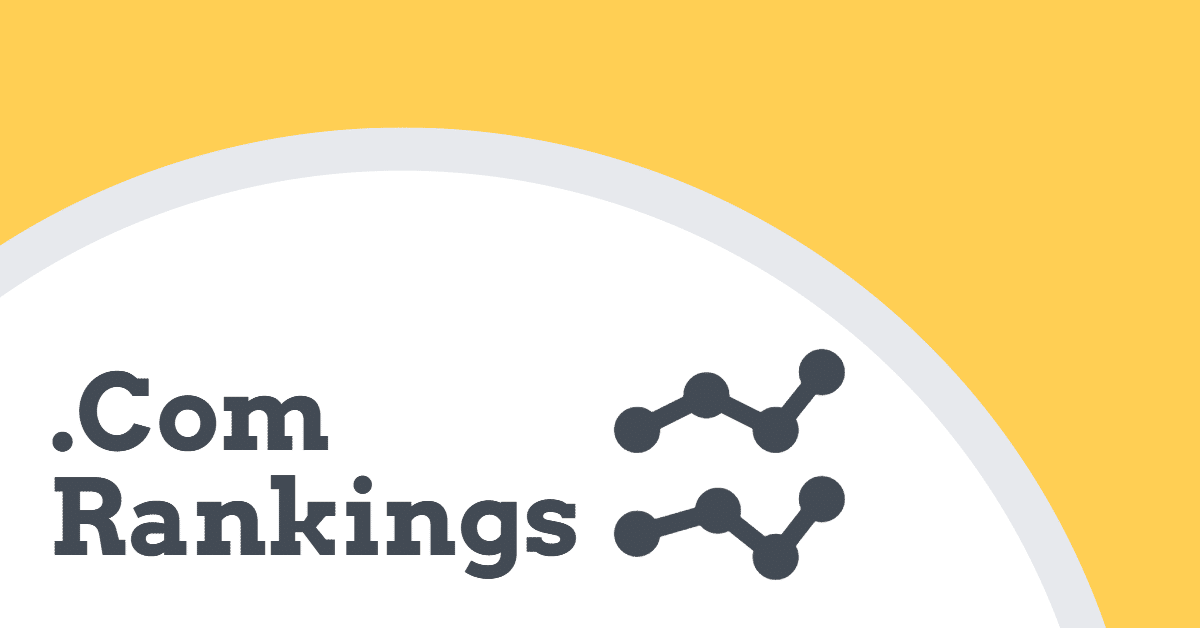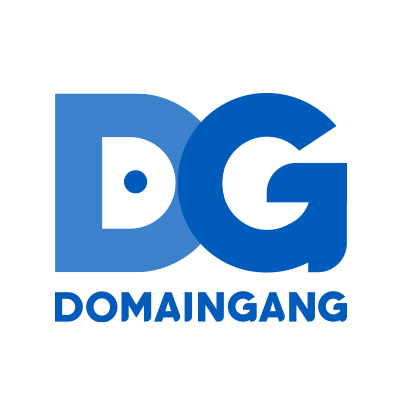YOUR AD HERE
There are many large companies that own domain names that aren’t being used. This can be due to corporate acquisitions and mergers, killed products and services, or a variety of other reasons. As a domain investor, I love buying domain names from large companies, but it can be incredibly challenging to complete a deal.
The first issue is getting in touch with the right decision maker at the company. Oftentimes, the Whois contact works in the IT department – or is a catch-all email address – and the recipient has no say over whether or not to sell a domain name. These people tend to receive a ton of email and I have found they ignore most inquiry emails. On occasion, these people will forward the email to a decision-maker or person who can send it to the right employee.
An alternative to using the Whois record to make contact is doing research to find the decision maker or to someone who will be able to forward the inquiry to a decision maker. I have found that making a serious offer off the bat is helpful in getting my email read by the right person.
When a decision maker is reached, the next issue becomes getting the sign off on negotiating to sell a domain name. Companies won’t generally sell a domain name that is still connected to a functioning business. There may be back-end connections that still utilize the domain name. The domain name may be still used for email or SEO purposes. Some companies simply won’t sell any domain names in case they want to repurpose them for some reason.
When a company has decided it is willing to sell a domain name, the exciting part begins. Negotiating a deal with a large company can be difficult. The company will likely want a substantial amount of money for the domain name, and the people on the other side of the negotiating table generally have zero stake in the matter. They won’t make any more money if the domain name is sold, so they have no vested interest in getting a deal done, particularly one that doesn’t move any needles for them.
When you are able to agree on a price, the next steps tend to be the most frustrating. I’ll almost always send a purchase agreement draft I use for domain name purchases. Most of the time, the counterparty’s legal team will send changes. Going back and forth to try and get a clean version that is acceptable to all parties is time consuming and can be expensive if an attorney is needed to review the requested changes. On occasion, there have been times where someone new steps in and says the domain name can’t be sold for some reason. It can also take time to get a signing authority at the company to sign and occasionally stamp the agreement.
After the purchase agreement is executed, deals tend to go fairly smoothly. On occasion, I have run into issues where the counterparty refuses to get KYC verified at Escrow.com, and I can’t say I blame them. I’ve had C-suite executives refuse to submit IDs or other information to a company they don’t really know for a deal on which they receive no benefit. At that point, I’ve generally scrambled to switch to a lawyer for escrow. Not only does this cause a delay, but it requires another contract revision and review to change the escrow element in the agreement.
Once the purchase agreement is signed and escrow is set, the rest tends to be fairly easy. I provide instructions on how to request the authorization code, who will receive it, and how to send it to me to start the transfer. I do my best to provide information that is very easy to understand. This can save time, which is important since some of these negotiations have dozens of emails exchanged and the counterparty probably wants to clear it off his or her plate!
It feels like a big win when I am able to acquire a domain name from a large company. Chances are good it took quite a bit of time and effort (and money) to lock in and close the deal. Chances are also good the domain name was never offered for sale before and others who tried to buy the name failed from the start. Paying a substantial sum for a domain name can be high risk, but experience helps to mitigate that.
 10 hours ago
1
10 hours ago
1








 English (US) ·
English (US) ·